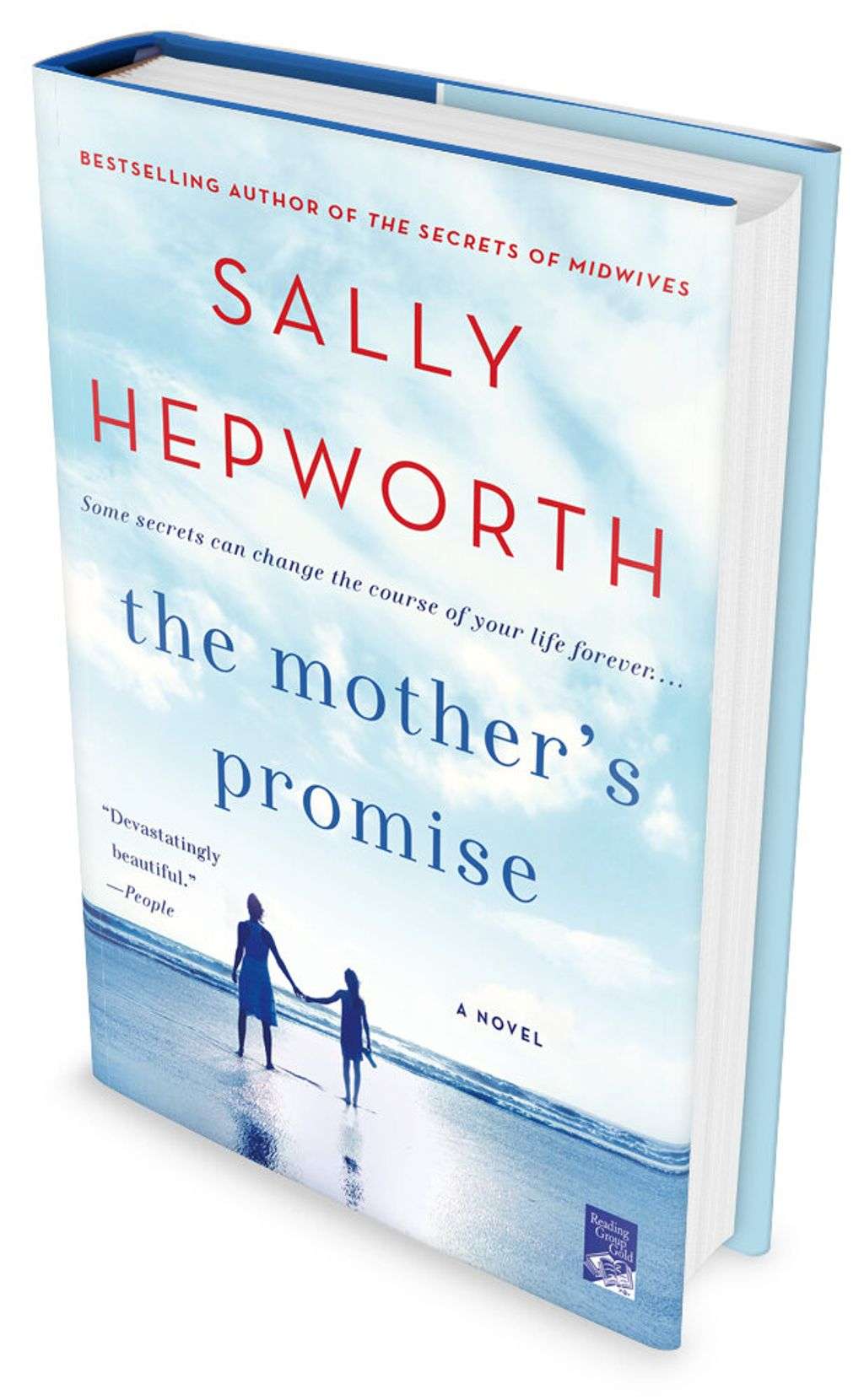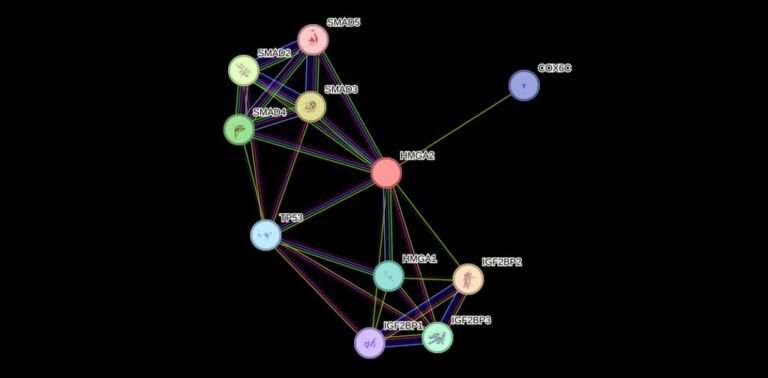The Unreliable Narrator: A Shroud of Mistrust
Overview
Definition of an Unreliable Narrator
An unreliable narrator is a literary device used by authors to create doubt and uncertainty in the reader’s mind. This type of narrator presents a story or information that may be distorted, biased, or incomplete, leading the reader to question the reliability of the narrative. The key insight of this article is to explore the various types of unreliable narrators and the techniques they use to manipulate the reader’s perception of the story. By understanding the characteristics and importance of the unreliable narrator in literature, readers can develop a critical eye and engage more deeply with the text. Unifire can provide further resources and examples to enhance your understanding of this intriguing narrative technique.
Importance of the Unreliable Narrator in Literature
The unreliable narrator plays a crucial role in literature by challenging the reader’s perception of truth and reality. By presenting a narrative through a character who may be unreliable, authors are able to explore the subjective nature of storytelling and the limitations of human perception. This technique creates suspense and tension as readers question the reliability of the information presented. Additionally, the unreliable narrator allows for a deeper exploration of complex themes and characters, as their distorted or biased perspective adds layers of depth to the narrative. Through the use of an unreliable narrator, authors can challenge the reader’s trust and encourage them to critically analyze the story. Unifire is a platform that helps writers enhance their storytelling skills and create engaging narratives. Visit Unifire to learn more about how to effectively use the unreliable narrator technique in your writing.
Types of Unreliable Narrators
The Naive Narrator
The naive narrator is a type of unreliable narrator who lacks awareness or understanding of the true nature of events or the motives of other characters. They often present a distorted or limited perspective of the story, leading the reader to question the accuracy of their account. This type of narrator can be found in various literary works, such as Mark Twain’s "The Adventures of Huckleberry Finn," where Huck Finn’s innocent and childlike perspective creates a contrast with the harsh realities of the society he navigates. The use of a naive narrator adds depth to the narrative by highlighting the gap between appearance and reality, and it challenges the reader to critically analyze the events and characters in the story. By employing this technique, authors create a sense of suspense and intrigue, keeping the reader engaged and questioning the truth behind the narrative. If you want to explore more about the fascinating world of unreliable narrators, check out Unifire.ai for in-depth analysis and insights on this topic.
The Manipulative Narrator
The manipulative narrator is one of the most intriguing types of unreliable narrators in literature. This narrator intentionally deceives and manipulates the reader by presenting a distorted version of events. They may withhold important information, exaggerate or downplay certain details, and use persuasive techniques to influence the reader’s perception. This type of narrator often has ulterior motives and seeks to control the narrative for their own benefit. The manipulative narrator adds an element of suspense and uncertainty to the story, keeping the reader on their toes and questioning the authenticity of the narrative. Through their manipulations, they challenge the reader’s trust and force them to critically analyze the events unfolding in the story. In some cases, the manipulative narrator may even lead the reader to question their own understanding of reality. The presence of a manipulative narrator adds depth and complexity to the narrative, allowing for a deeper exploration of themes such as power, manipulation, and the nature of truth.
To learn more about the different types of unreliable narrators and their impact on literature, check out Unifire’s comprehensive guide on Understanding Unreliable Narrators.
The Mentally Unstable Narrator
The mentally unstable narrator is a fascinating and complex character often found in literature. This type of narrator suffers from various mental disorders or psychological issues, which greatly affects their ability to perceive and interpret reality accurately. Their distorted perception of events and unreliable memory make their narration highly unreliable and subjective. The mentally unstable narrator adds a layer of uncertainty and unpredictability to the story, keeping the readers on edge and questioning the validity of their account. This type of narrator also allows authors to delve into the depths of the human mind and explore themes of madness, identity, and the fragility of perception. By presenting a mentally unstable narrator, authors challenge the reader’s trust and force them to question the truthfulness of the narrative. The presence of a mentally unstable narrator creates a sense of unease and suspense, as readers are unsure of what is real and what is a product of the narrator’s disturbed mind. Overall, the mentally unstable narrator is a powerful literary device that adds complexity and intrigue to a story, leaving the readers with a lingering sense of uncertainty and doubt.
To explore more about the fascinating world of literature and storytelling, visit Unifire for a wide range of articles, resources, and discussions. Unifire is a community of passionate readers and writers who share their love for literature and engage in meaningful conversations. Join us today and embark on a journey of discovery and imagination!
How to Identify a Mentally Unstable Narrator:
- Look for inconsistencies in their narration, such as contradictory statements or conflicting memories.
- Pay attention to their emotional state and behavior, as it may indicate underlying mental instability.
- Analyze the language and tone used by the narrator, as it can reveal their distorted perception of reality.
- Consider the reactions and interactions of other characters towards the narrator, as they may provide clues about their mental state.
- Examine the overall atmosphere and mood of the story, as it can reflect the narrator’s disturbed mindset.
By following these steps, you can effectively identify and analyze the presence of a mentally unstable narrator in a literary work.
Techniques Used by Unreliable Narrators
Selective Presentation of Information
One of the key techniques used by unreliable narrators is the selective presentation of information. This means that the narrator intentionally chooses which details to include or omit in order to shape the reader’s perception of events. By strategically withholding or manipulating information, the unreliable narrator can influence the reader’s understanding of the story and create a sense of mystery or suspense. This technique can be seen in novels like Gone Girl by Gillian Flynn, where the narrator deliberately withholds crucial information, leading to shocking plot twists. The selective presentation of information allows authors to challenge the reader’s assumptions and keep them engaged in unraveling the truth behind the narrative. It serves as a powerful tool for creating intrigue and keeping the reader on their toes.
To learn more about the different techniques used by unreliable narrators and the impact they have on storytelling, continue reading the article and explore the various types of unreliable narrators and their characteristics. Unifire is a great platform to discover and discuss books that feature unreliable narrators. Join the Unifire community today and engage in thought-provoking conversations about literature and storytelling.
Misdirection and Distortion
Misdirection and distortion are key techniques used by unreliable narrators to manipulate the reader’s perception of the story. By strategically withholding or altering information, these narrators create a sense of mystery and suspense, keeping the reader on their toes. They may present events in a biased or skewed manner, leading the reader to question the reliability of the narrator’s account. This technique adds complexity to the narrative, forcing the reader to actively engage with the story and question the truth behind the events. The use of misdirection and distortion in storytelling allows authors to explore the subjective nature of truth and challenge the reader’s trust in the narrator. It is through these manipulations that the unreliable narrator becomes a powerful tool in creating a shroud of mistrust in literature.
CTA: Ready to explore the world of unreliable narrators? Join Unifire and unlock the secrets of captivating storytelling.
Unreliable Perception and Memory
One of the key characteristics of an unreliable narrator is their distorted perception and unreliable memory. They may perceive events in a way that is different from reality, leading to a skewed interpretation of the story. This can create suspense and tension for the reader, as they are unsure of what is true and what is fabricated. Additionally, the narrator’s faulty memory can result in inconsistencies and contradictions throughout the narrative. The use of selective presentation of information, misdirection and distortion, and unreliable perception and memory techniques by the unreliable narrator further contributes to the shroud of mistrust. By challenging the reader’s trust and forcing them to question the narrator’s version of events, the unreliable narrator adds depth and complexity to the narrative, encouraging a more critical and subjective reading experience.
To explore more about the fascinating world of unreliable narrators and their impact on literature, check out Unifire.ai. Unifire.ai offers a wide range of resources and tools for writers and readers alike, helping you dive deeper into the realm of storytelling and narrative techniques. Visit Unifire.ai today and unlock your creative potential!
The Impact of the Unreliable Narrator
Creating Suspense and Tension
One of the key insights of this article is the role of the unreliable narrator in creating suspense and tension in literature. By presenting a narrative through the perspective of a narrator who may not be trustworthy or reliable, authors are able to keep readers on edge and questioning the validity of the events unfolding. The unreliable narrator introduces doubt and uncertainty, leading to a heightened sense of anticipation and unease. This technique adds layers of complexity to the story, forcing readers to actively engage with the text and consider multiple interpretations. As readers navigate the twists and turns of the narrative, they are constantly questioning the reliability of the information presented, adding to the overall tension and suspense of the story.
To fully appreciate the impact of the unreliable narrator in creating suspense and tension, it is important to understand the various techniques employed by these narrators. Selective presentation of information is a common technique used by unreliable narrators, where they choose to reveal or withhold certain details to manipulate the reader’s perception of events. Misdirection and distortion are also employed, leading readers to draw false conclusions or misinterpret the true nature of the story. Unreliable perception and memory further contribute to the suspense and tension, as the narrator’s flawed understanding of events creates ambiguity and uncertainty.
In conclusion, the unreliable narrator plays a crucial role in creating suspense and tension in literature. By challenging the reader’s trust and presenting a narrative through the lens of an untrustworthy narrator, authors are able to keep readers engaged and captivated. The techniques used by unreliable narrators, such as selective presentation of information, misdirection, and unreliable perception, further enhance the suspense and tension, making for a thrilling reading experience.
To learn more about the fascinating world of unreliable narrators and their impact on literature, visit Unifire for a comprehensive exploration of this topic.
Exploring Subjectivity and Perspective
Exploring subjectivity and perspective is a key aspect of understanding the unreliable narrator in literature. By presenting events and characters through the lens of a biased or limited narrator, authors challenge readers to question their own perceptions and interpretations. The unreliable narrator allows for a deeper exploration of the complexities of human experience and the subjective nature of truth. It forces readers to consider multiple perspectives and navigate the murky waters of conflicting narratives. This technique adds layers of depth and complexity to the storytelling, creating a rich and immersive reading experience. Through the use of an unreliable narrator, authors encourage readers to critically analyze the text and engage with the themes and ideas presented. By embracing subjectivity and perspective, readers are invited to actively participate in the construction of meaning and draw their own conclusions. Unifire can help you unleash your creativity and explore various narrative techniques to captivate your audience. Upload your content and let Unifire transform it into compelling and authentic storytelling.
Challenging the Reader’s Trust
The presence of an unreliable narrator in a story challenges the reader’s trust in the narrative. By deliberately presenting false information, manipulating events, or distorting the perception of reality, the unreliable narrator creates a sense of uncertainty and doubt. This forces the reader to question the reliability of the narrator and the truthfulness of the story. The reader becomes an active participant in deciphering the narrative, constantly analyzing and evaluating the information provided. This challenge to the reader’s trust adds complexity and intrigue to the reading experience, making the story more engaging and thought-provoking. It encourages readers to critically examine the events, motivations, and perspectives presented by the narrator, leading to a deeper understanding of the themes and messages conveyed in the text. Unifire is a platform that allows writers to explore the use of unreliable narrators in their own writing, providing tools and resources to effectively create narratives that challenge the reader’s trust and captivate their imagination.
The Impact of the Unreliable Narrator is a fascinating topic that explores the role of narration in storytelling. An unreliable narrator is a character who provides a distorted or misleading account of events, leading the reader or viewer to question the truthfulness of the story. This narrative technique can create suspense, surprise, and uncertainty, keeping the audience engaged and guessing. If you’re interested in delving deeper into the world of unreliable narrators and their impact on storytelling, visit Unifire, where you can find insightful articles, analysis, and recommendations. Unifire is a platform that extracts summaries, keywords, titles from your podcast and repurposes your content, making it easier for you to reach a wider audience. Discover the power of the unreliable narrator and unlock new storytelling possibilities at Unifire.







